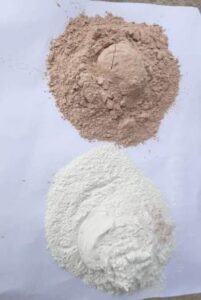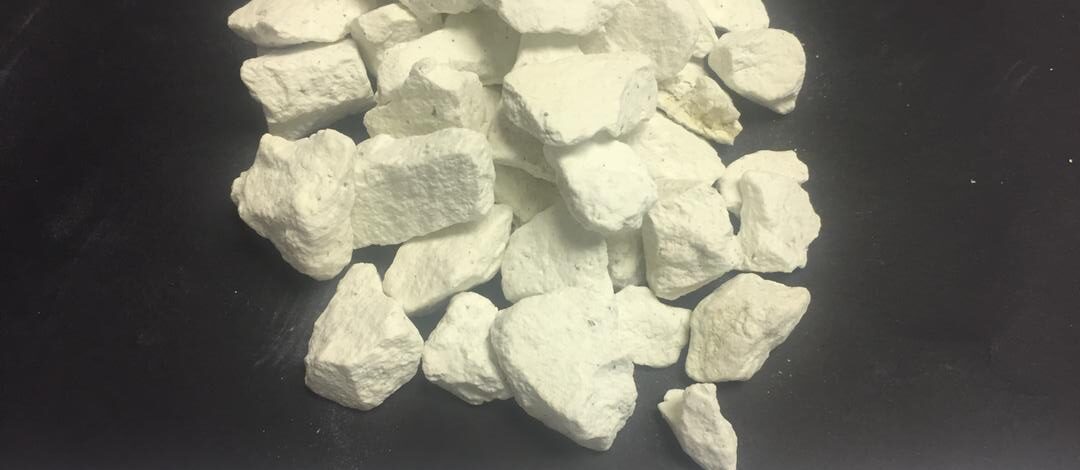Industrial Benefits of Bentonite
Introduction to Bentonite
Bentonite is a naturally occurring clay mineral composed primarily of montmorillonite, known for its remarkable ability to absorb water and expand. This unique property, along with its fine particle size, high surface area, and chemical stability, makes bentonite an essential material across various industries. From drilling and construction to pharmaceuticals and agriculture, bentonite offers a wide range of industrial benefits. This article explores the key advantages of bentonite in industrial applications.

Bentonite in Drilling and Mining
Bentonite plays a crucial role in the drilling and mining industries, particularly as a drilling fluid additive.
Drilling Mud Stabilization
In the oil and gas industry, bentonite is primarily used as a drilling mud stabilizer. Its ability to swell and form a gel-like consistency when mixed with water helps to stabilize boreholes, prevent the collapse of well walls, and control fluid loss. Bentonite’s viscosity and thixotropic properties allow for efficient removal of drill cuttings from the borehole, improving the overall efficiency and safety of drilling operations.
Cost-Effective and Environmentally Friendly
Bentonite is not only effective but also cost-efficient, making it a preferred choice for drilling operations. Additionally, bentonite is a natural, non-toxic material, which makes it an environmentally friendly option compared to synthetic drilling additives. This aligns with industry trends toward sustainable and eco-friendly practices in resource extraction.
https://iranmineral.net/is-bentonite-toxic/
Bentonite in Construction and Civil Engineering
Bentonite is widely used in construction and civil engineering projects due to its sealing and binding properties.
Waterproofing and Sealing Applications
One of the most common uses of bentonite in construction is for waterproofing and sealing. Bentonite’s ability to swell upon contact with water makes it an ideal material for creating impermeable barriers in foundations, basements, and tunnels. This prevents water infiltration, protecting structures from moisture damage. Bentonite is also used in the construction of slurry walls, where it acts as a barrier to prevent groundwater contamination during excavation projects.
Soil Stabilization and Grouting
In addition to waterproofing, bentonite is used for soil stabilization and grouting in civil engineering. When mixed with soil, bentonite improves its cohesiveness and load-bearing capacity, making it suitable for building foundations on loose or unstable ground. Its use in grouting helps fill voids and cracks in rock formations or masonry, providing added stability to structures.
Bentonite in Agriculture and Animal Feed
Bentonite’s benefits extend to the agricultural sector, where it is used as a soil conditioner and in animal feed.
Soil Conditioning and Fertilizer Carrier
Bentonite is used as a soil conditioner to improve soil structure, water retention, and nutrient availability. Its high cation exchange capacity allows it to hold and release nutrients, enhancing soil fertility and promoting plant growth. Bentonite is also used as a carrier for fertilizers and pesticides, ensuring even distribution and controlled release of nutrients and chemicals in agricultural applications.
Binding Agent in Animal Feed
In the animal feed industry, bentonite serves as a binding agent in pelleted feeds. Its binding properties help form firm, durable pellets, reducing feed wastage and improving feed efficiency. Additionally, bentonite’s ability to absorb toxins makes it useful in detoxifying animal feed, promoting better health and productivity in livestock.

